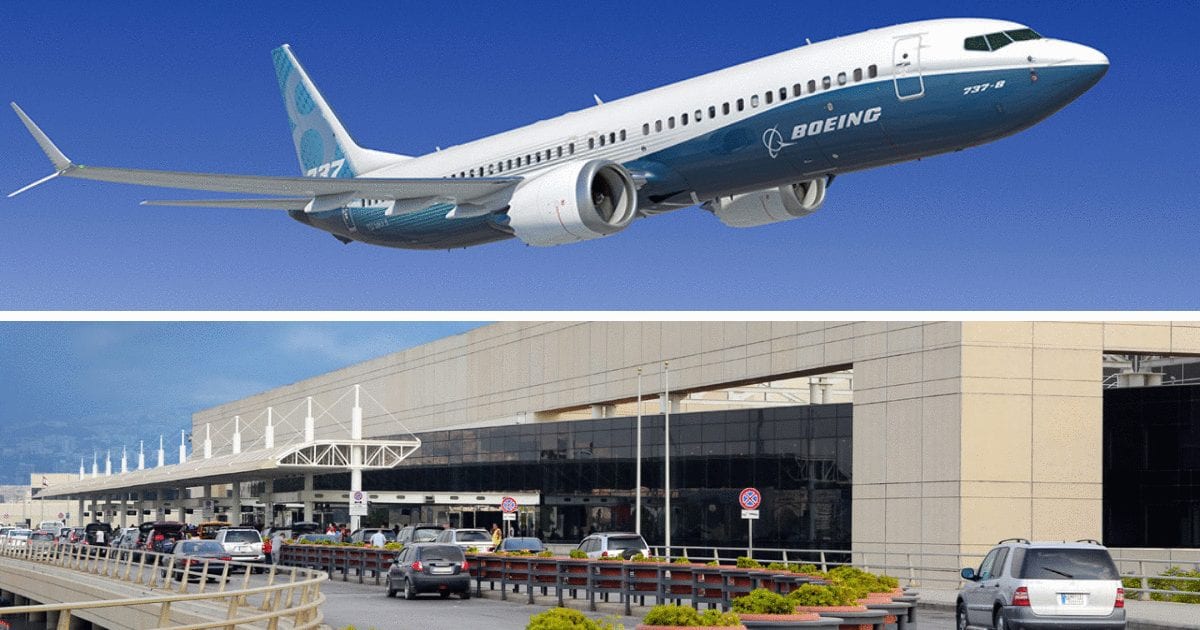Lebanon Aviation Authority banned all Boeing 737 MAX planes from landing in Beirut or even flying Lebanese airspace. That comes in consequence of a second deadly crash involving the model in less than six months.
The Directorate-General of Civil Aviation at Beirut-Rafic Hariri International Airport, Mohamed Chehabeddine, issued a circular prohibiting the Boeing 737 Max from landing at Rafic Hariri International Airport or flying in Lebanese airspace.
Lebanon’s precautionary decision was taken after the entire European Union, Asian and Middle Eastern governments banned the 737 MAX 8.
These governments were determined to take the decision even after the American Aviation Giant reassured that the plan is safe and reliable to use.
Ever since the decision was taken in Lebanon, flights operating Boeing 737 MAX have been canceled at Beirut’s Rafik Hariri International Airport. This included six Flydubai flights that were scheduled to fly on Wednesday and Thursday between the capital Beirut and the United Arab Emirates, Dubai, and Jebel Ali.
A recent crash was recorded last Sunday when Ethiopian Airlines flight using Boeing jetliner crashed near Addis Ababa, killing 157 people on board.
This is not the first time Boeing 737 MAX 8 has been involved in such accidents. A disaster involving a 737 MAX 8 happened five months ago in Indonesia and killed 189 people.
And in 2010, an Ethiopian Airlines jet using Boeing 737-800 crashed into the Mediterranean Sea in less than five minutes after taking off from Beirut’s Rafik Hariri International Airport killing all on-board, including 54 Lebanese nationals.
The Boeing 737 MAX is the fourth generation of the Boeing 737 which was designed and produced by Boeing Commercial Airplanes on August 30, 2011.
This narrow-body aircraft performed its first flight on January 29, 2016. By January 2019, the Boeing 737 Max received 5,011 firm orders and delivered 350.





















